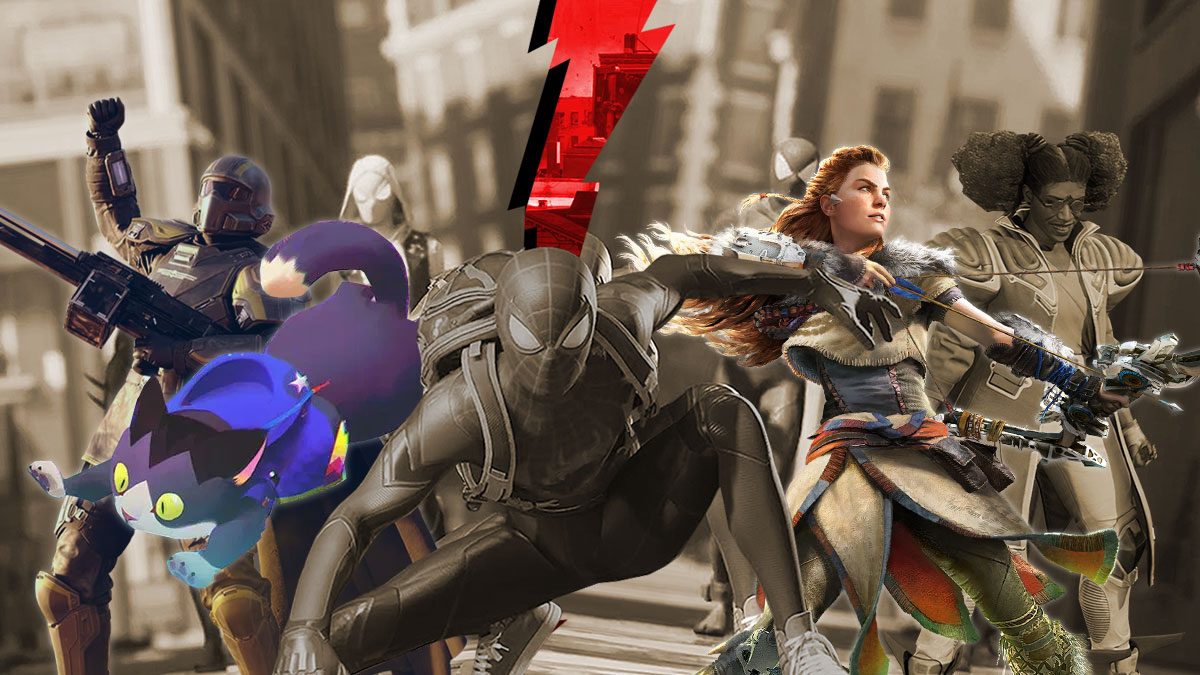Remember Concord? It’s PlayStation‘s big-budget hero shooter that devoured $400 million in development and crashed spectacularly. Now, one year later, the dust has settled, and the company seems to be recalibrating. At least, according to a recent interview with the Financial Times. PlayStation’s new mantra is now ‘fail early and cheaply,’ ensuring its 20 first-party studios contribute more to revenue within tighter constraints. The idea is to cut back on excess while still leaving room for independence and controlled experiments.
Head of PlayStation Hermen Hulst has admitted that gargantuan scope and unchecked confidence — like that surrounding Concord — are no longer welcome. That doesn’t mean every project has to ‘play it safe,’ but it does mean PlayStation wants to keep mistakes from snowballing.
“I don’t want teams to always play it safe, but I would like for us, when we fail, to fail early and cheaply,” said Hulst. He assured that the quality control asked by Sony President Hiroki Totoki is already in motion. It includes more focus on group testing, cross-studio knowledge sharing, and closer relationships between top executives.

“We have since put in place much more rigorous and more frequent testing in very many different ways […] The advantage of every failure… is that people now understand how necessary that [oversight] is,” added Hulst.
Following its recent pivot to building ‘engagement’ and ‘platform’ though, PlayStation also wants its developers to be able to expand their IPs. Incentivised by profit sharing and resources for big projects, studios are expected to grow IP into franchises beyond gaming. Much like how the live-action adaptations of Uncharted and The Last of Us have proven to be successful.
“We take a very intentional approach to IP creation … understanding how a new concept can turn into an iconic franchise for PlayStation, that can then again become a franchise for people beyond gaming,” explained Hulst.
PlayStation is clearly trying to avoid another $400 million-sized crater from one of its studios. Whether this strategy actually leads to faster outputs or even revival of smaller fan-favorite projects like Gravity Rush remains to be seen. For now, all we can do is watch how its two upcoming AAA live-service games, Fairgame$ and Marathon, will pan out.








